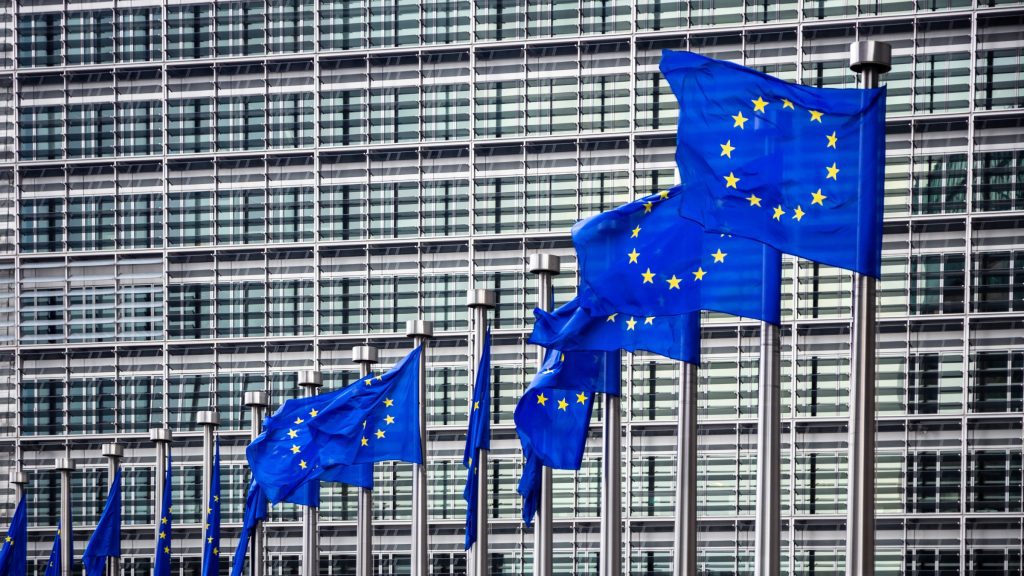
On January 23, the EU censorship law, Digital Services Act (DSA) will hold online platforms accountable for their policies on balancing free speech while preventing harmful content.
The DSA represents one of the most important EU censorship law efforts with regard to the challenges of the modern online world, where digital platforms are shaping public opinion and the spreading of information, and recently, misinformation.
Transparency and compliance are central themes of this law in its pursuit of holding tech companies accountable for how they manage content, address users’ safety, and protection of democratic values. The EU internet censorship legislation had broader consequences that drove many to question whether regulation can work together with innovation and freedom of expression, setting the tech world as a free space.
DSA Protection or Perhaps Suspension
DSA does not try to redefine what may be illegal and hence illegal content but insists on EU digital services act censorship to comply with the given law by implementing the systems to take off from the digital site all content considered as illegal by Union or national law.
For example, Nazi symbols, banned in Germany, Holocaust denial illegal under French law – both have got to be removed, too, in those countries in respect to the areas.
On Saturday, EU tech chief Henna Virkkunen said in defense of the law that, “Free speech is a fundamental value of the EU. The aim of the DSA is the protection of fundamental rights.”
But that failed to smother the debate surrounding EU internet censorship laws, as some say measures such as these could be adopted to suppress opposing viewpoints in the name of regulation, not to mention tech billionaires arguing such steps will hurt their platforms’ reach.
Questions over Questions on EU Censorship
The DSA does not require platforms to employ professional fact-checkers. It requires the use of moderation tools like fact-checking, which Elon Musk EU censorship and Zuckerberg’s Meta are turning to. How will that follow up with the law’s desires that are now being assessed by European regulators.
Attention to foreign interference also runs deep. Platforms need to reduce risks to debate and elections, yet the ongoing problems never seem to end. Musk recently met with leaders of Europe’s far right, brainstorming questions of accusations against TikTok for manipulating Romania’s elections. Aside from these issues it’s tough to prove any bias.
The ongoing debate goes beyond the EU online censorship, raising a critical question regarding how the role of President Donald Trump will mold the path for tech savvies in the US.
For Elon Musk and Mark Zuckerberg, the two most influential men when it comes to shaping tech world, this would dysregulate the operation of their platforms. However, for the EU, this is an important tool through which to counter illegal content and misinformation. In the midst of all this, the world watches to see whether the EU censorship move sets a standard or opens a new front line between free speech and regulation.
Inside Telecom provides you with an extensive list of content covering all aspects of the tech industry. Keep an eye on our Tech sections to stay informed and up-to-date with our daily articles.